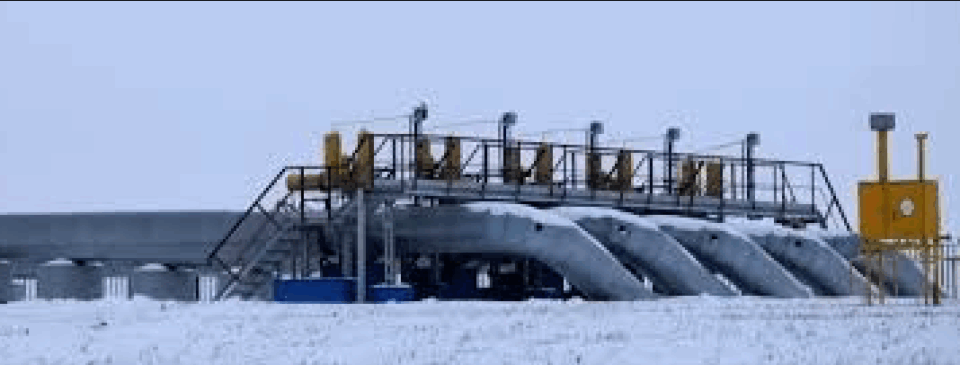The European Union has drawn a clear line in its energy policy by confirming that all imports of Russian oil and gas will be phased out by January 2028. This decision, announced after high-level discussions among EU leaders and energy officials, marks one of the most ambitious steps yet in the bloc’s effort to reduce reliance on Moscow and secure long-term energy independence.
The move comes against the backdrop of ongoing instability caused by Russia’s war in Ukraine. European officials argue that continuing to purchase fossil fuels from Russia undermines sanctions and hands Moscow economic leverage. By committing to a fixed deadline, the EU hopes to close one of the last significant financial channels between member states and Russia while also accelerating the transition toward renewable energy.
In practical terms, the plan involves a ban on short-term contracts for Russian oil and gas beginning next year, gradually tightening restrictions until the full cut-off in 2028. Policymakers are also working to diversify energy imports, with liquefied natural gas from the United States, Norway, and Qatar expected to play a bigger role in bridging the gap. At the same time, billions of euros are being allocated to strengthen renewable power generation, energy storage, and infrastructure upgrades.
Not everyone is convinced the target will be easy to achieve. Some member states remain heavily dependent on Russian energy, and there are concerns that moving too quickly could drive up prices for households and businesses. Economists warn that the transition could be rocky, with potential for supply shortages if alternative arrangements are not secured in time. However, EU leaders maintain that the long-term benefits outweigh the short-term risks, citing both energy security and climate commitments.
The United States has signaled support for the plan, with American officials discussing increased LNG exports to Europe. At the same time, there is growing pressure on European governments to invest heavily in wind, solar, and hydrogen projects to ensure that renewable energy forms the backbone of the future grid. Many see this moment as an opportunity for Europe not just to break free from Russian fossil fuels but to take a decisive step toward its climate-neutral goals.
For ordinary Europeans, the announcement is both a sign of progress and a source of uncertainty. On one hand, ending reliance on Russian energy is widely viewed as a moral and strategic necessity. On the other, questions remain about whether prices will rise and how the transition will affect industries already facing economic challenges.
Still, the message from Brussels is firm: the era of Russian oil and gas in Europe is ending. By 2028, the bloc intends to stand on its own energy footing, with allies and renewable technologies helping to ensure stability. Whether the transition is smooth or turbulent, the EU is making one of its clearest statements yet that its future will not be tied to Moscow’s pipelines.


